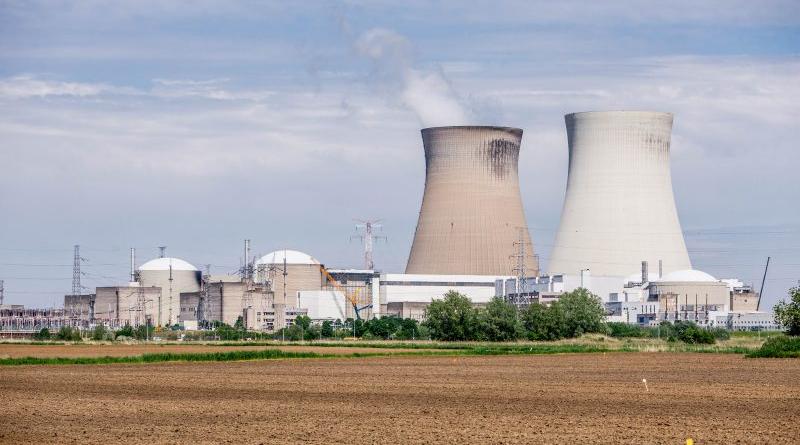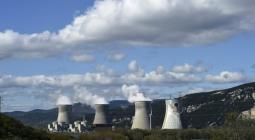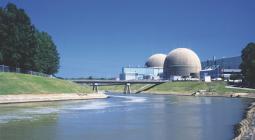EU court warns Belgium over nuclear reactors.

Belgium should have carried out environmental impact studies before prolonging the operational life of two nuclear reactors, Europe’s top court ruled Monday (29 July).
The European Court of Justice, responding to a case brought by two environmental pressure groups, found the Belgian government in breach of EU law.
Belgium must now conduct environmental assessments and demonstrate that there is a “genuine and serious threat” of power cuts if the plants are closed.
And, as the Doel 1 and Doel 2 reactors are on a site close to the Dutch border, the Netherlands must be involved in a “transboundary assessment procedure”.
The Belgian constitutional court will now decide the fate of the power stations, taking into account the legal interpretation of the ECJ.
The Belgian parliament decided in 2003 to phase out the use of nuclear energy and to retire its ageing reactors, amid concern from its neighbours.
Doel 1 and 2 were to have shut in 2015 after reaching 40 years in age, but lawmakers decided to prolong their life by ten years to prevent power shortages.
Some 700 million euros were spent refurbishing and modernising the site on the Escaut river never Antwerp to ensure it met safety standards.
But officials did not undertake the same major environmental impact assessment that they would have carried out if they had been opening a new plant.
Green campaigners brought a case and on Monday the ECJ ruled that, under EU law, the Belgian authorities and operator Electrabel should have carried out the study.
They conceded, however, that such a study could still be conducted now to retroactively regularise the project even after the modernisation is complete.
Belgium currently has seven reactors, four at the Doel power station and three in Tihange, in the east of the country between Namur and Liege.
Inspectors have discovered impurities in the metal vessels encasing two of these reactors – Doel 3 and Tihange 2 – leading to calls for their closure.
Electrabel, a subsidiary of French giant Engie, insists that the reactors meet safety standards.
29 July 2019






